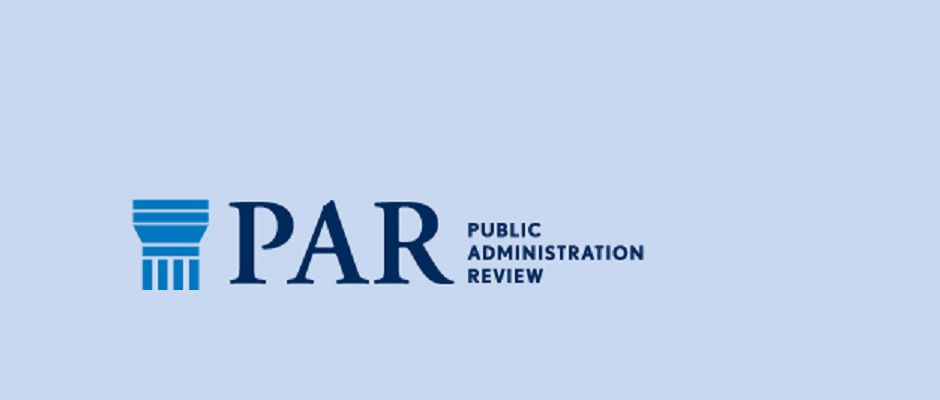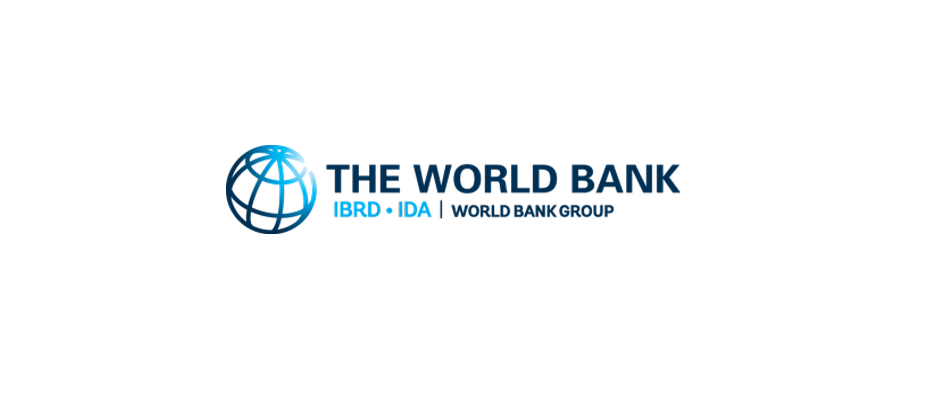
Delivering public services to the satisfaction of the citizen is an important challenge confronted by democratic governments everywhere in the modern world. Unlike authoritarian rulers who may conveniently ignore public opinion, democratic governments can do it at their peril. As a natural rule, once elected, democratic governments have to be responsive to the claims and demands of their citizens for public services.
The extent to which central or national governments can properly deliver public services depends on many factors. Although the responsibility for making macro-level policies and legislation regarding different kinds of services rests mostly with the central government, there are several other actors such as local government, NGOs, and the private sector that are involved in the delivery of services. The bureaucracy has an important role in policy development as well as in overseeing the implementation of policies through sectoral programmes and field administration. Alternative mechanisms such as public-private partnership, government-NGO collaboration, and central-local government cooperation in service delivery are more often noticed now than in the past. The extent to which one approach is superior to another is difficult to ascertain.
A recent volume—Public Service Delivery in Bangladesh: Parliament, Public Policy and Local Government—explores a number of important issues related to the planning and delivery of public services in Bangladesh. It examines the role of national level institutions in planning and policymaking (e.g., parliament, party and bureaucracy) as well as institutions directly responsible for delivering services on the ground (e.g., government departments, local councils and NGOs).
The volume’s editor—Nizam Ahmad, Professor of Public Administration at the University of Chittagong—is one of the leading scholars in Bangladesh on politics, public administration and local governance. Chapter authors are leading scholars in their fields.
With an eye on the challenge of delivering efficient and equitable public services across the entire country as Bangladesh aspires to middle-income status, this volume discusses the current mechanisms through which the government is delivering services, including centralized and deconcentrated programs; delegation (through NGOs); and devolution (local councils). The discussions should be of interest to academics, policymakers, practitioners, researchers, students, donors and civil society representatives.
More information on the book from the publisher:
Nizam Ahmed (Ed.). 2020. Public Service Delivery in Bangladesh: Parliament, Public Policy and Local Government. Dhaka: The University Press Limited (UPL).
TABLE OF CONTENTS
Part 1 – Introduction
Chapter 1: Introduction – Nizam Ahmed
Part 2 – Parliament
Chapter 2: Parliament and Democratic Consolidation in Bangladesh – Nizam Ahmed
Chapter 3: Parliament and PRSP: The Bangladesh Experience – Nizam Ahmed
Chapter 4: Do Constituency Relations Matter? An Anthropology of MP–Constituent Relations in Bangladesh – Zahir Ahmed
Part 3 – Public Policy
Chapter 5: Change and Stability of Public Policies in Bangladesh: An Alternative Model of Policy Process – Asif Shahan and Ferdous Jahan
Chapter 6: Participatory Policy Process in Bangladesh: Efforts in Search of Participatory Governance? – Rizwan Khair
Chapter 7: Environment Policy of Bangladesh: Institutional and Implementation Challenges – Salahuddin M. Aminuzzaman
Chapter 8: ICT Policy for Digital Bangladesh: Status of Compliance and Challenges – Sadik Hasan
Part 4 – Local Government
Chapter 9: Local Government and Public Service Delivery in Bangladesh: The Role of the Union Parishad – Jamie Boex and Ferdous Arfina Osman
Chapter 10: Politicians, Bureaucrats and the Working of Upazila Parishad in Bangladesh – Pranab Kumar Panday
Chapter 11: Participation and Accountability in Urban Local Government in Bangladesh: A Study of the Paurashava – Mobasser Monem
Chapter 12: Party-Based Vs. No-Party Local Elections in South Asia – Background, Ramifications and Consequences: Theoretical and Historical Perspectives – Najmul Abedin
Part 5 – Public-Private Partnership and Public Service Delivery in Rural Bangladesh
Chapter 13: Public-Private Partnership and Inclusive Local Governance in Bangladesh: Factors, Issues and Prospects – Mohammad Mohabbat Khan and Md. Shahriar Alam
Chapter 14: Delivery of Primary Health Care Services in Rural Bangladesh: A Political Economy Perspective – Ferdous Arfina Osman
Chapter 15: Policing as Public Service: Can the Police Deliver it Alone? – Chowdhury Abdullah Al Hossinie and Anwara Begum
Chapter 16: Public-Private Partnership and Delivery of E-Services in Rural Bangladesh: A Study of Union Digital Center (UDC) – Shah M. S. Safiul Hoque and K. M. Mahiuddin
Chapter 17: Government-NGO Collaboration in Public Service Delivery in Bangladesh: A Critical Evaluation – Amir M. Nasrullah and Md. Arifur Rahman





